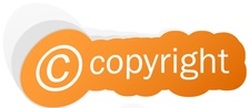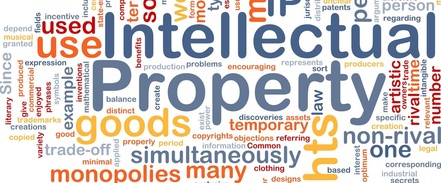As a starting point, let’s revisit the definition of a Copyright: Copyright – the exclusive right of the author or creator of a literary or artistic property (such as a book, movie or musical composition) to print, copy, sell, license, distribute, transform to another medium, translate, record or perform or otherwise use (or not use) and to give it to another by will.
1 Comment
There are few worse feelings than seeing the work that you produced being used by someone else without permission. I have talked to many creative, small businesses, or freelancers, who are frustrated when they discover that their work has been duplicated. It is a violation of their hard work. Also, when you are boot-strapping your business, it is extremely frustrating to see someone else benefit from your efforts and gain the rewards when you really need those rewards coming to you instead to keep your business afloat.
In this series of posts, I’m going to discuss how to protect your Intellectual Property (“IP”). We’ll start with some definitions here because the difference between each category sometimes gets confusing. The most important part of protecting your IP is knowing what type of IP you have. |
Author: Aimee HaynesI motivate, I blog, I listen, I give advice, I help, I create, I work with others, I stand my ground when needed, and I am always open to new ideas. In addition to the qualities that define me most, I'm also a Corporate Law attorney working with entrepreneurs, creatives, and small businesses to help them achieve success.. Archives
September 2016
Categories
All
|

 RSS Feed
RSS Feed
